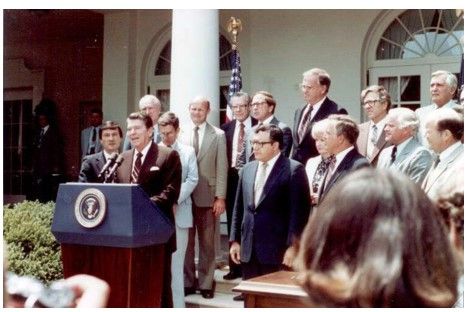
Credit: Courtesy of the White House
A lifeline for entrepreneurs
Between 1977 and 1980, NSF piloted a new research grant program for the federal government — the NSF Small Business Innovation Research (NSF SBIR) program — solely for startups and small businesses to help them commercialize their high-risk technologies.
Thanks to the success of the NSF SBIR pilot program, President Ronald Reagan signed the "Small Business Innovation Development Act" into law in 1982, creating and implementing a government-wide SBIR program across 11 federal agencies.
In 1992, the SBIR program was joined by another congressionally mandated initiative known as the NSF Small Business Technology Transfer (NSF STTR) program, which strengthens early-stage R&D by establishing collaborative partnerships between research institutions including universities and small businesses.
Ronald Tibbetts was appointed senior program officer at NSF in 1972. Known as the "Father of the SBIR program," he understood the importance of small, high-tech businesses and recognized the fierce opposition they faced when pursuing federal R&D funding. This led Tibbetts and others at the agency to develop the original SBIR program, which launched in 1977.
Reaching new heights
The NSF SBIR/STTR program — now known as America's Seed Fund, powered by NSF — has continued to support high-risk technologies, mentor diverse entrepreneurs, and promote cutting-edge products and services that will improve quality of life and contribute to the nation's economy and security.
America's Seed Fund, powered by NSF, awards over $250 million a year in R&D funding to about 400 startups and small businesses across the United States. NSF takes no equity in the companies it funds, with owners keeping full control of their companies and teams.
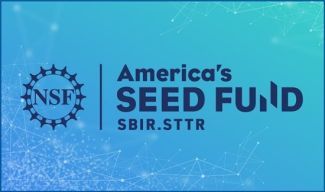
Small businesses. Huge impact.
Some NSF-powered SBIR/STTR success stories over the last 40-plus years include:
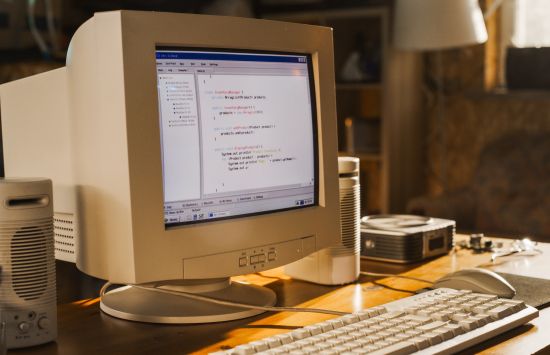
Symantec
NSF awarded an SBIR grant to Machine Intelligence Corp. in 1979 to improve how computers process language. That company would later become Symantec. In 2019, Broadcom acquired Symantec's enterprise security division for $10.7 billion.
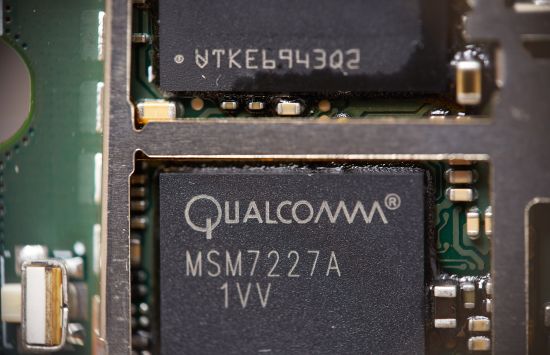
Qualcomm
In the late 1980s, NSF small business grants helped a startup develop a new type of chip for wireless communications, which ended up in most cell phones and other "smart" technologies. The company, Qualcomm, now has a market value of about $180 billion.
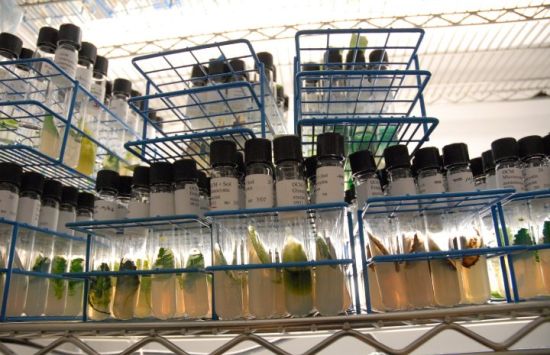
Martek Biosciences
Numerous NSF small business grants throughout the 1980s and '90s helped Martek Biosciences develop nutritional products from microbial sources, including algae, fungi and other microbes. DSM, now DSM-Firmenich, acquired the company for over $1 billion in 2011.
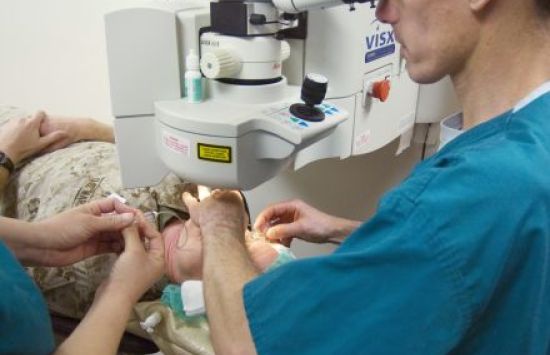
IntraLase
In the late 1990s, IntraLase Corp. received SBIR awards to help commercialize bladeless laser surgical technology now used during LASIK vision correction surgery. Advanced Medical Optics acquired IntraLase for more than $800 million in 2007. Learn more.

Carmot Therapeutics
NSF investments in the early 2010s helped Carmot Therapeutics develop an innovative drug discovery technology, which is being used to identify drug therapies for people living with obesity and diabetes. The company was acquired by Roche in 2024 for $2.7 billion.
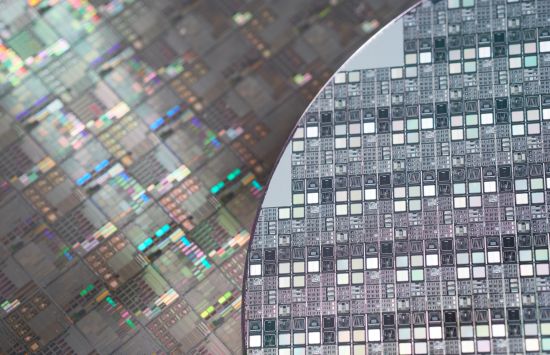
Inpria Corp
Awarded multiple SBIR awards since 2009, Inpria Corp manufactures an inorganic photoreactive liquid that enables the production of more powerful and energy-efficient semiconductor microchips. Inpria was acquired by JSR Corp in 2021 for $514 million.

Blue River Technology
In the early 2010s, NSF small business grants helped Blue River Technology develop tractor-mounted robotic systems that can rapidly identify and kill weeds, leaving valuable crops untouched. John Deere acquired Blue River in 2017 for $305 million.
Provivi
Based on the discoveries of Nobel laureate Francis Arnold, NSF-funded Provivi is developing a manufacturing process to synthesize pheromones to protect crops. Its nontoxic tech reduces plant damage, pesticide use and harmful impacts to the environment. Provivi has raised more than $210 million, according to Pitchbook.
Ascend Elements
In 2016, NSF funding helped Battery Resourcers produce sustainable lithium-ion battery materials using valuable elements reclaimed from spent batteries. The company, now Ascend Elements, is expected to open North America's first electric vehicle battery cathode precursor manufacturing facility in Kentucky in 2025.
Investing in the future
While the last four decades of America's Seed Fund, powered by NSF, has helped catalyze disruptive tech innovations, its investments right now are building the game-changing technologies of the future, such as coatings to improve battery production and performance, industrial-scale membrane filters, PFAS mitigation technology and more.

